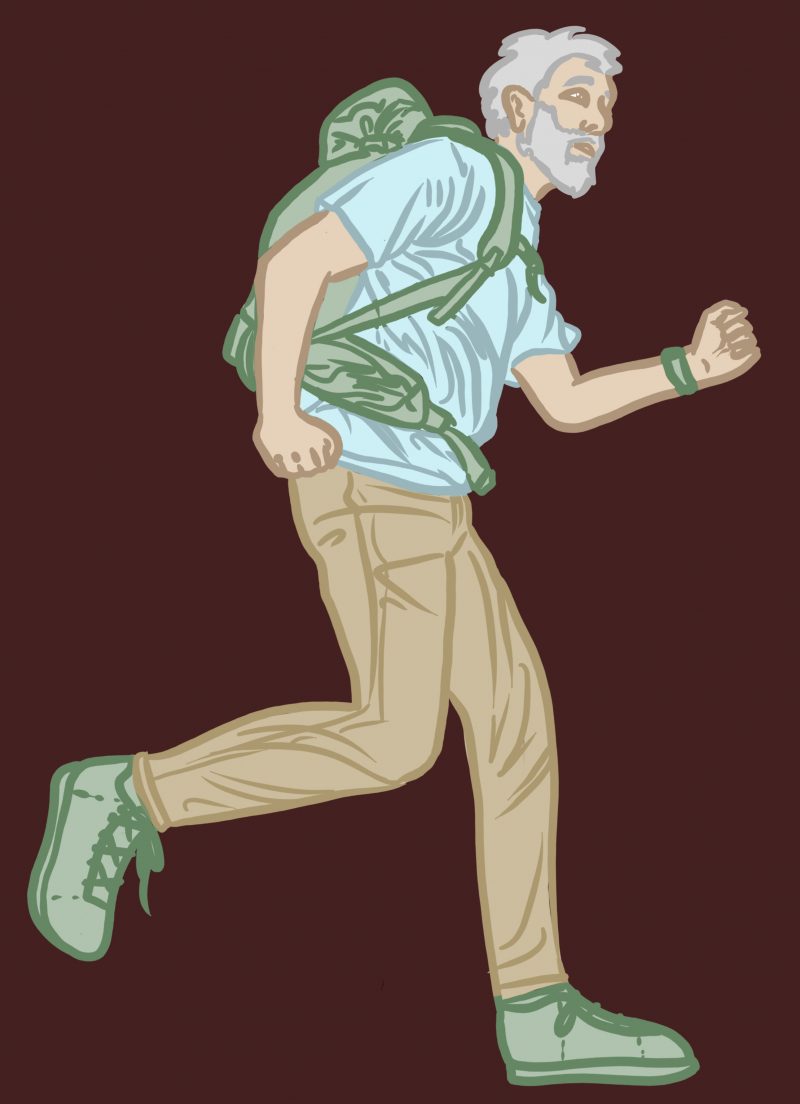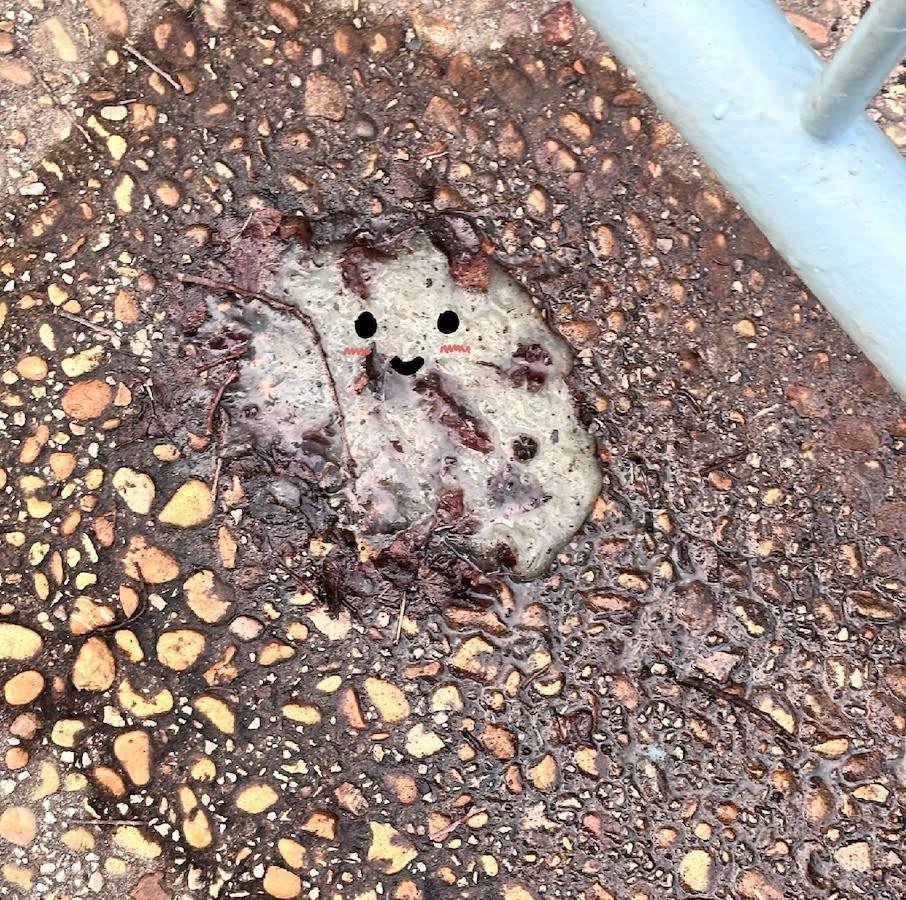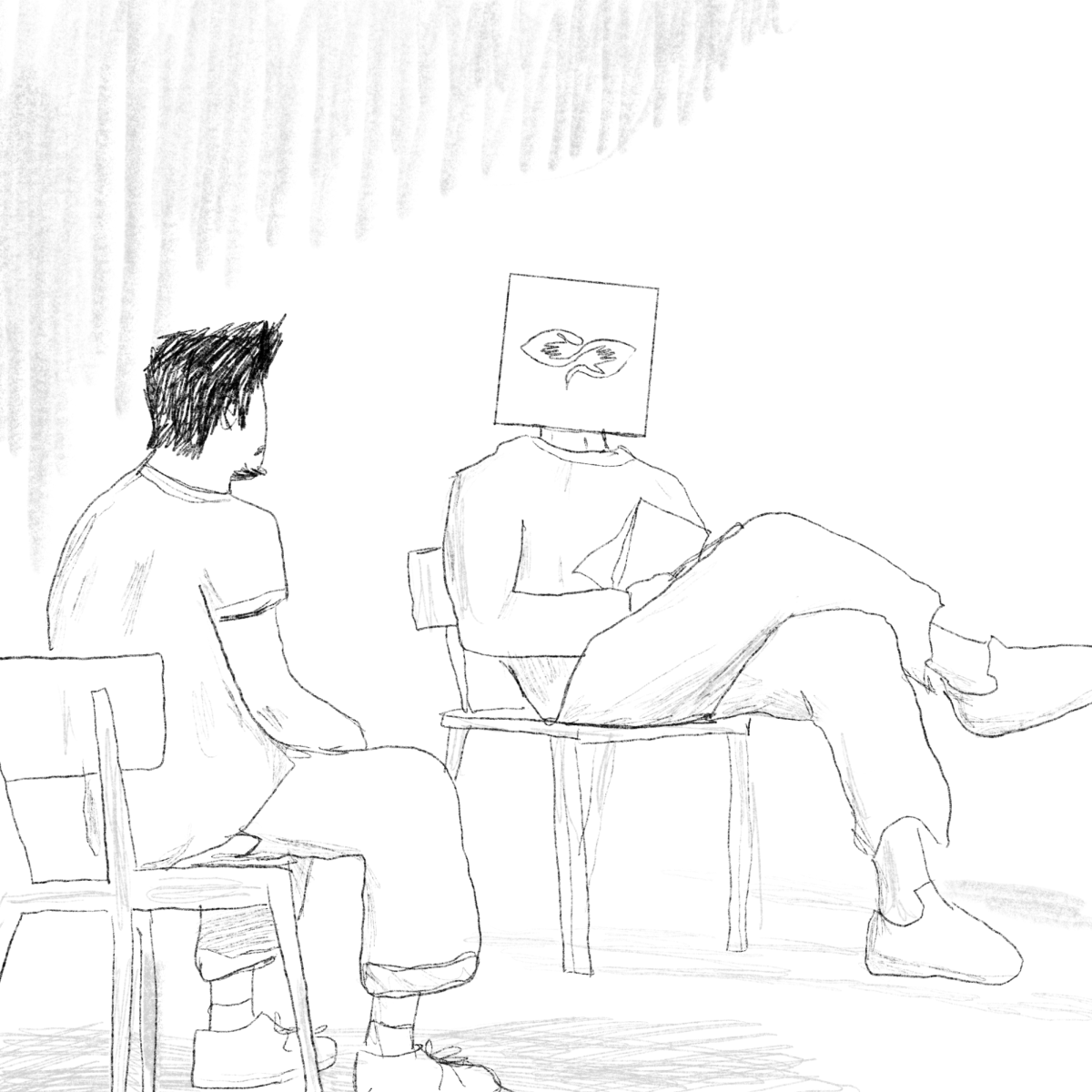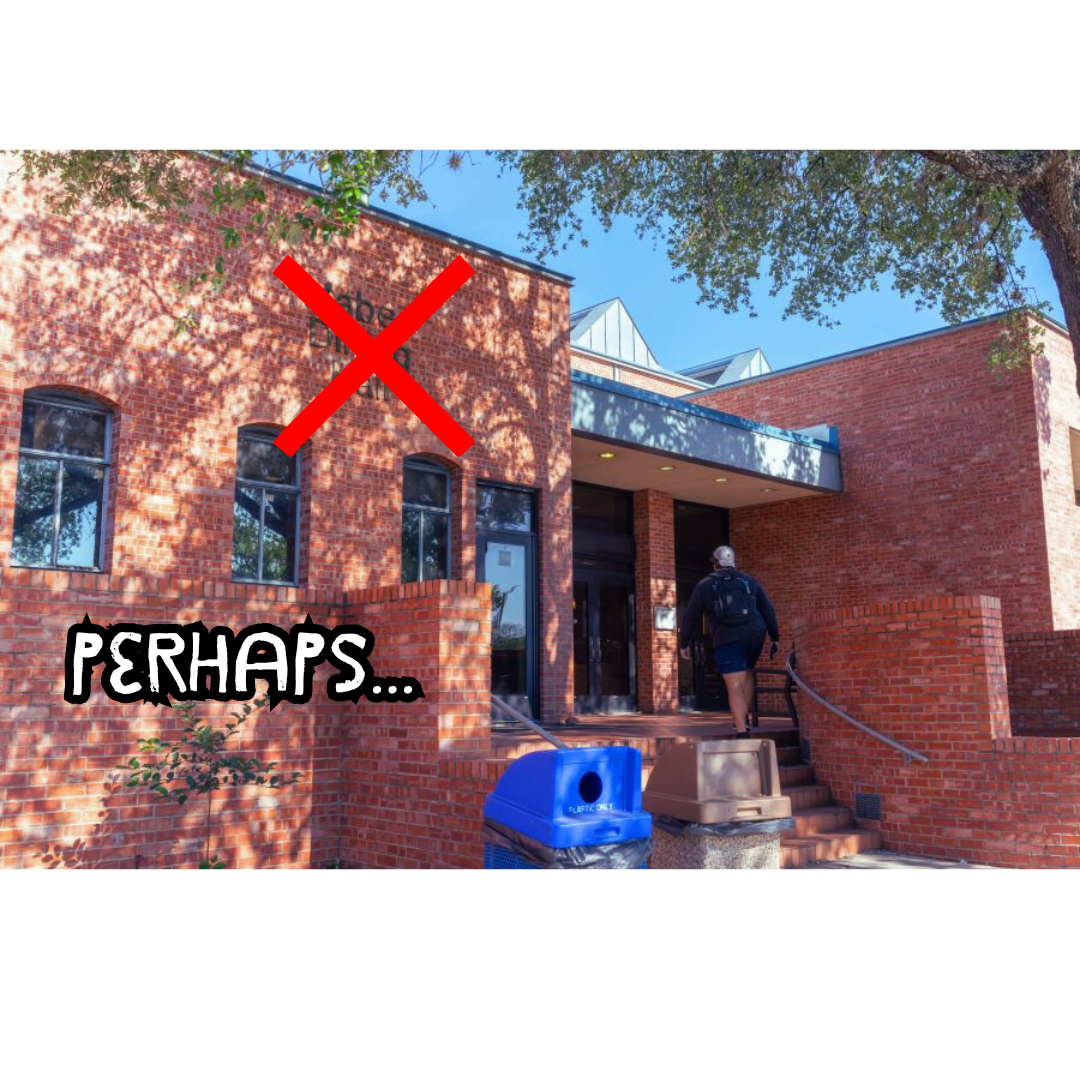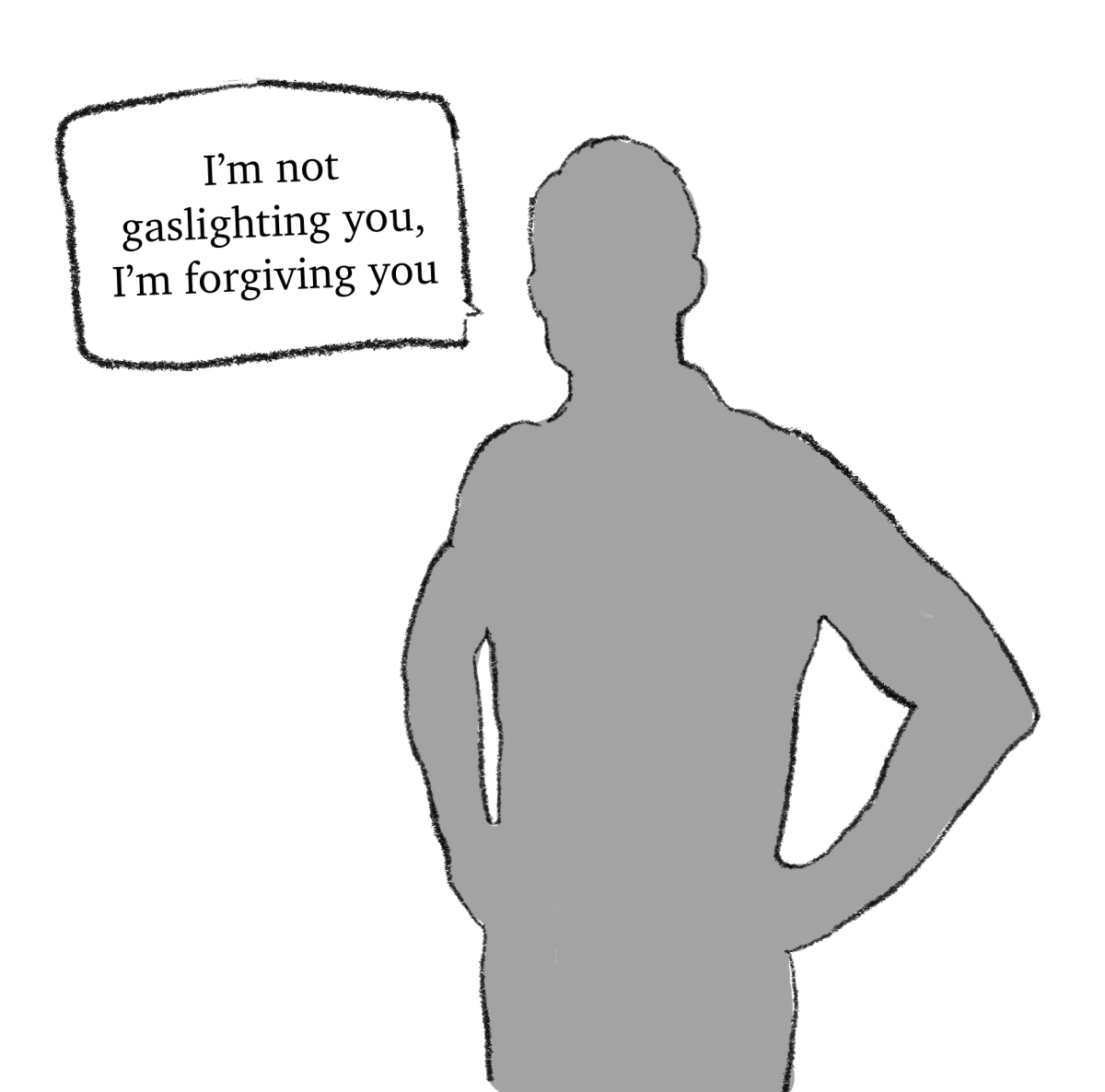When most people picture Nepal, they probably think about the Himalayas, colorful prayer flags or Marvel’s Dr. Strange. However, sociology and anthropology professor Richard Reed, who just returned from a three-month research sabbatical in Nepal, has a very different image to portray.
“Kathmandu right now is overrun with people. The air is polluted, the water’s polluted, there’s fetid liquids running out of open sewers into the street,” Reed said.
In stark contrast to this dismal image, Reed described the countryside as something out of Lord of the Rings.
“The highlands, hilly regions that are between the plains and the peaks, are high green hills — think Hobbit-land,” Reed said.
This was not Reed’s first trip to the remote country. As an undergraduate at Macalester College, he studied abroad in Nepal through a program run by the School of International Training.
“I learned all about the culture, and I learned to speak the language, and I loved it,” Reed said.
Reed describes his first trip to Nepal as a transformative experience; it’s part of the reason he wanted to return over 40 years later.
“I always wanted to go back, and so when I did get the opportunity at this point in my career to return there and see what it would have been like if I had done research there, and to see if there’s future research for me there, [I took it],” Reed said.
Reed’s research primarily focuses on deforestation in Amazonia, and he works with indigenous groups on the border between Brazil and Paraguay. What does this topic have to do with a small mountainous nation on the other side of the world? More than you’d think, according to Reed.
“When I went to Nepal in 1974, the population was exploding, the trees were all being cut down and the land was eroding away. Our major concerns were overpopulation and deforestation — environmental damage,” Reed said.
However, much has changed since Reed’s last visit.
“Overpopulation is not a problem in the rural areas, and rather than deforestation, they’ve got really organized and really successful reforestation programs,” Reed said.
Reed spent time looking at these reforestation programs through the lens of potential future research material. He discovered that the Nepalese manage their forests as community resources; groups of people are responsible for the protection and management of their natural resources.
“They’re really professional,” Reed said.
Reed has another leave coming up. He plans to go back to Nepal and focus on just a few of the forests for more in-depth research. In the meantime, his students are excited to hear the stories he has to tell.
Katie Stansbury, a junior anthropology major in Reed’s Morality and the Marketplace course, is looking forward hearing more about his travels.
“It sounds like he had some really cool experiences, and I’d really like to hear more about it. I’m really looking forward to getting in on some of those stories,” Stansbury said.
Stansbury is especially interested in hearing how religion may impact a society’s economic practices.
“We are going to talk a lot about Buddhist economics in Morality and the Marketplace, so I’m looking forward to hearing how his time in Nepal influenced that,” Stansbury said.
Experiences like Reed’s can be incredibly enlightening and enriching for students, especially those interested in a well-rounded education. Katsuo Nishikawa, director of the Center for International Engagement, strongly extols the virtues of studying abroad in college.
“An international education is crucial at this stage. I truly feel that in my bones,” Nishikawa said.
Nishikawa also underscored the value for professors of teaching and modeling the importance of study abroad in the classroom.
“Touching on things like international education and study abroad on campus, having classes that kind of expose you to that world is so important, because it is through that vehicle that we will teach you these values,” Nishikawa said.
Reed echoes Nishikawa’s sentiments, emphasizing the transformative aspect of the experience.
“I think all undergraduates really should do study abroad, because I think that you can’t avoid being changed. It really is one of those experiences that can and will change your life,” Reed said.
“Nobody quite knows how it’s going to change your life,” Reed added, “but it’s so exciting to find out.”

